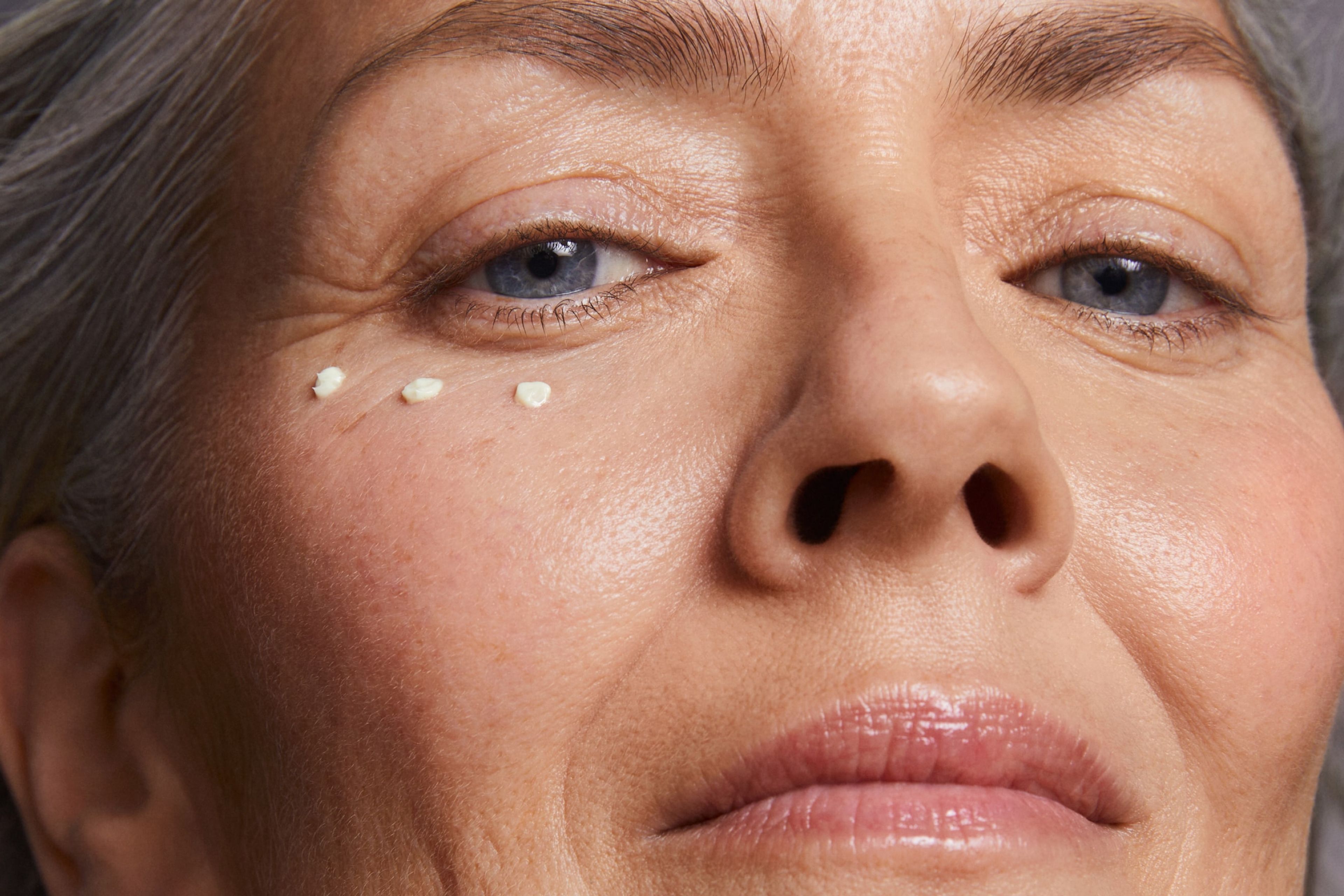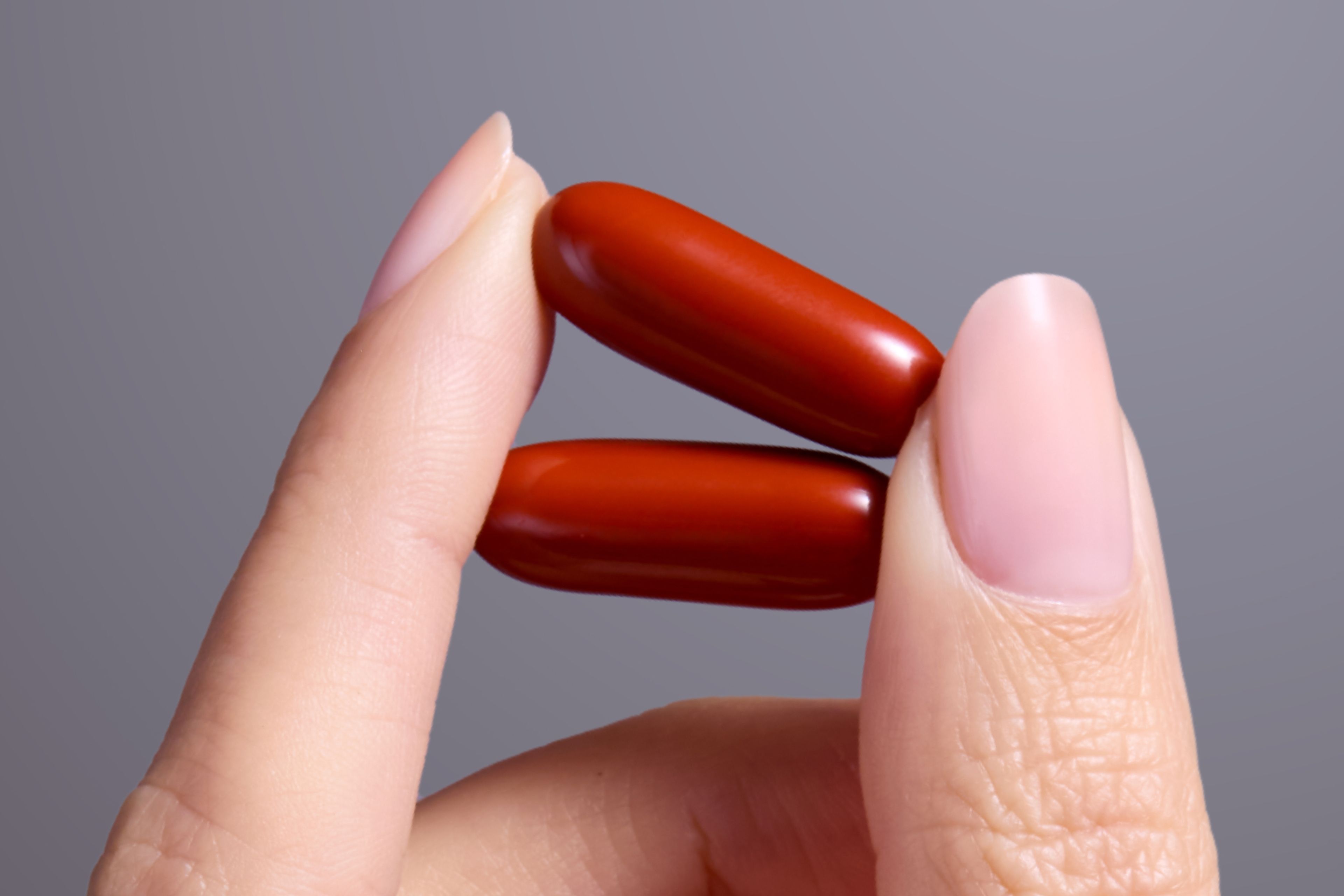Decoding mitophagy: Insights for aging and longevity
Explore mitophagy's crucial role in aging and health, from muscle and brain function to immune aging and potential disease therapies.
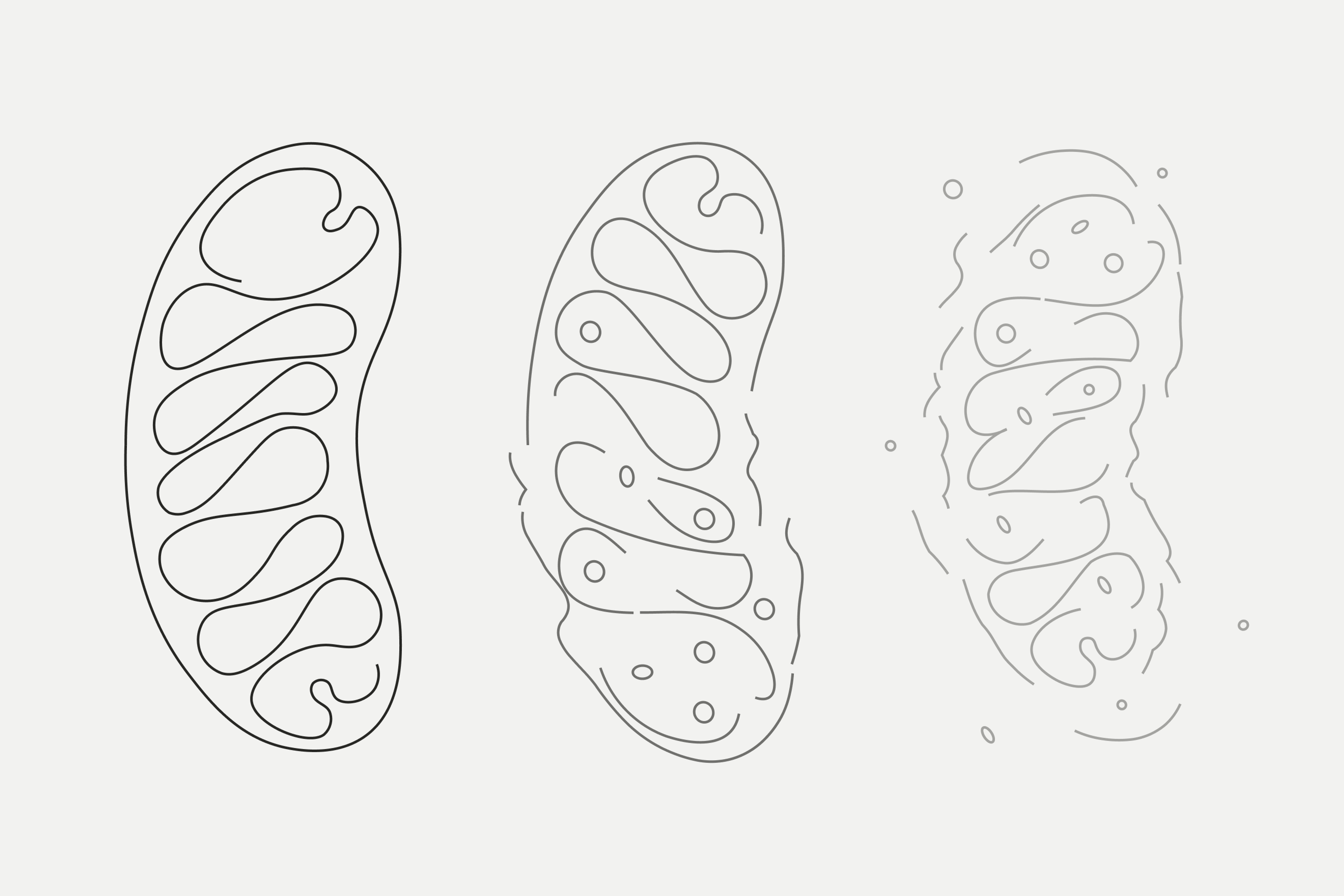
What to know
Mitophagy, the process of recycling damaged mitochondria, is crucial for maintaining cellular health and function, especially as we age
Research shows that mitophagy is vital for the health of our muscles, heart, brain, and immune systems
While there is still much to learn about the role of mitophagy and human health, clearly, it is a key player in the story of aging and health
Inside almost every one of our cells lies the mitochondria, our cellular powerhouses essential for generating energy. This energy is crucial for maintaining cellular health and function. However, as we age, mitochondrial efficiency diminishes, playing a significant role in the onset of age-related chronic diseases.
So vital are our mitochondria for good health that our bodies have evolved a critical quality control mechanism called mitophagy. Mitophagy is a specific form of autophagy that targets damaged mitochondria, tagging them for removal and recycling. Unfortunately, as we age, our ability to induce mitophagy also declines.
The explosion of research on mitochondria, aging, and disease reveals an increasingly clear connection to impaired mitophagy. A groundbreaking review recently published in Nature Metabolism by the scientific team at Amazentis sheds light on significant scientific advancements in understanding mitophagy's crucial role in human health. This review also discusses emerging evidence on the potential of boosting mitophagy as a strategy to promote healthy aging.
The following article is a summary of this landmark paper titled “Mitophagy In Human Health, Ageing and Disease.”
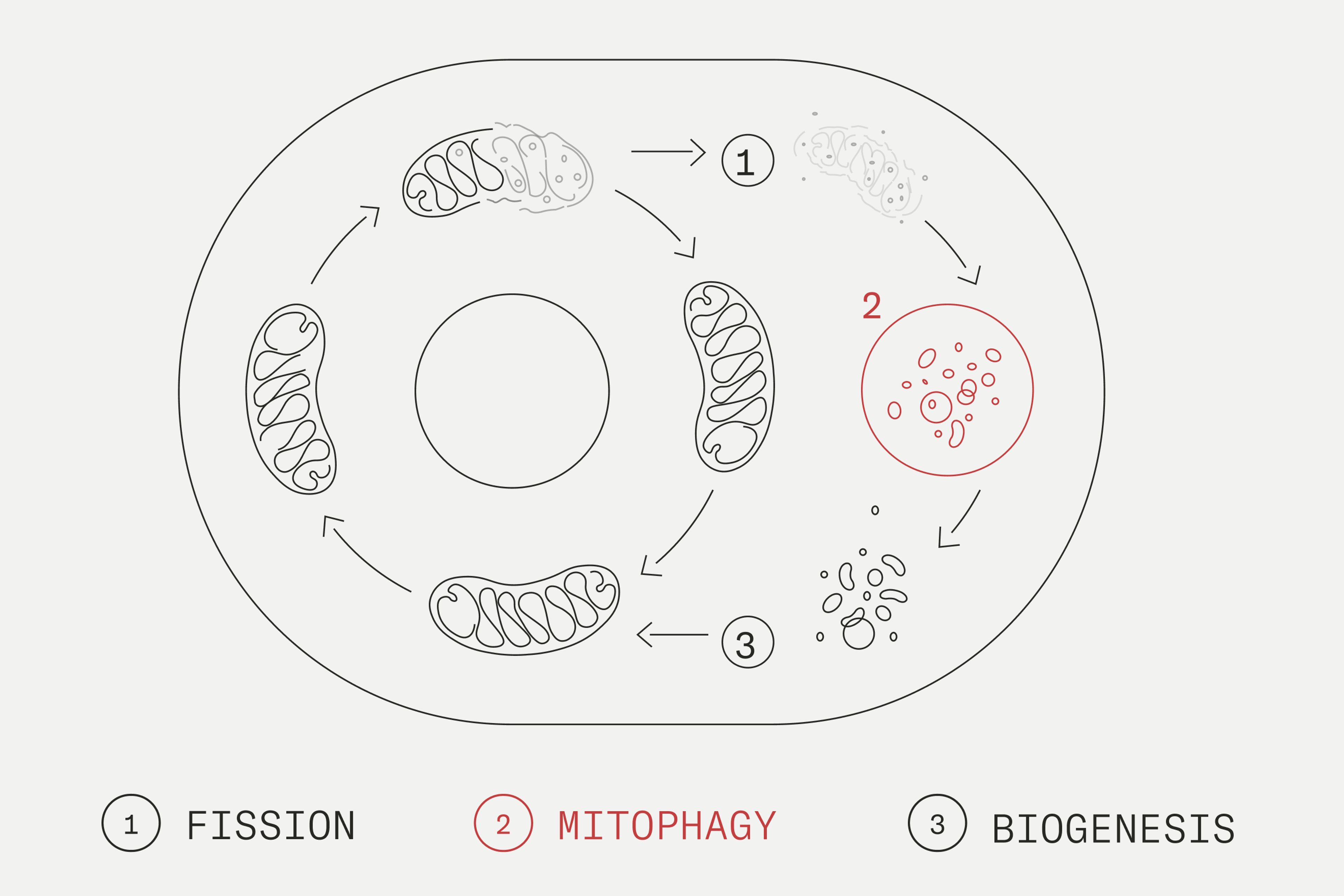
What is mitophagy
Mitophagy is a complex process that tags dysfunctional mitochondria for degradation, removal, and recycling. In the mitochondrial lifecycle, mitophagy cannot act alone; otherwise, our mitochondrial pool would quickly drain. When cells trigger mitophagy, they also trigger instructions to build new mitochondria - a process called mitochondrial biogenesis. This coordination of biogenesis and mitophagy is the key to maintaining the correct mitochondrial balance inside the cell (mitohormesis).[1]

Muscle health
It should come as no surprise that muscle cells are highly dependent on the mitochondria's energy production to trigger muscle contractions. High-quality mitochondrial control is a must for healthy muscle tissue. Experimental models have shown that inducing mitophagy can promote muscle function and “replenish the regenerative capacity of aged "satellite cells” (a type of stem cell found in muscle tissue).[2]
Skeletal muscle
In human skeletal muscle, aging reduces mitochondrial function, leading to the accumulation of damaged mitochondria. Due to declining mitophagy, these damaged mitochondria are not efficiently removed from the cell. Research suggests that using mitophagy boosters could help counteract some age-related decline in muscle aging and mobility.
Cardiac muscle
The muscles of our heart, called cardiac muscle, require a constant supply of energy from our mitochondria to keep our heart beating every second of the day. Pre-clinical research suggests that mitophagy and maintaining mitochondrial homeostasis is essential to protecting our heart as we age.
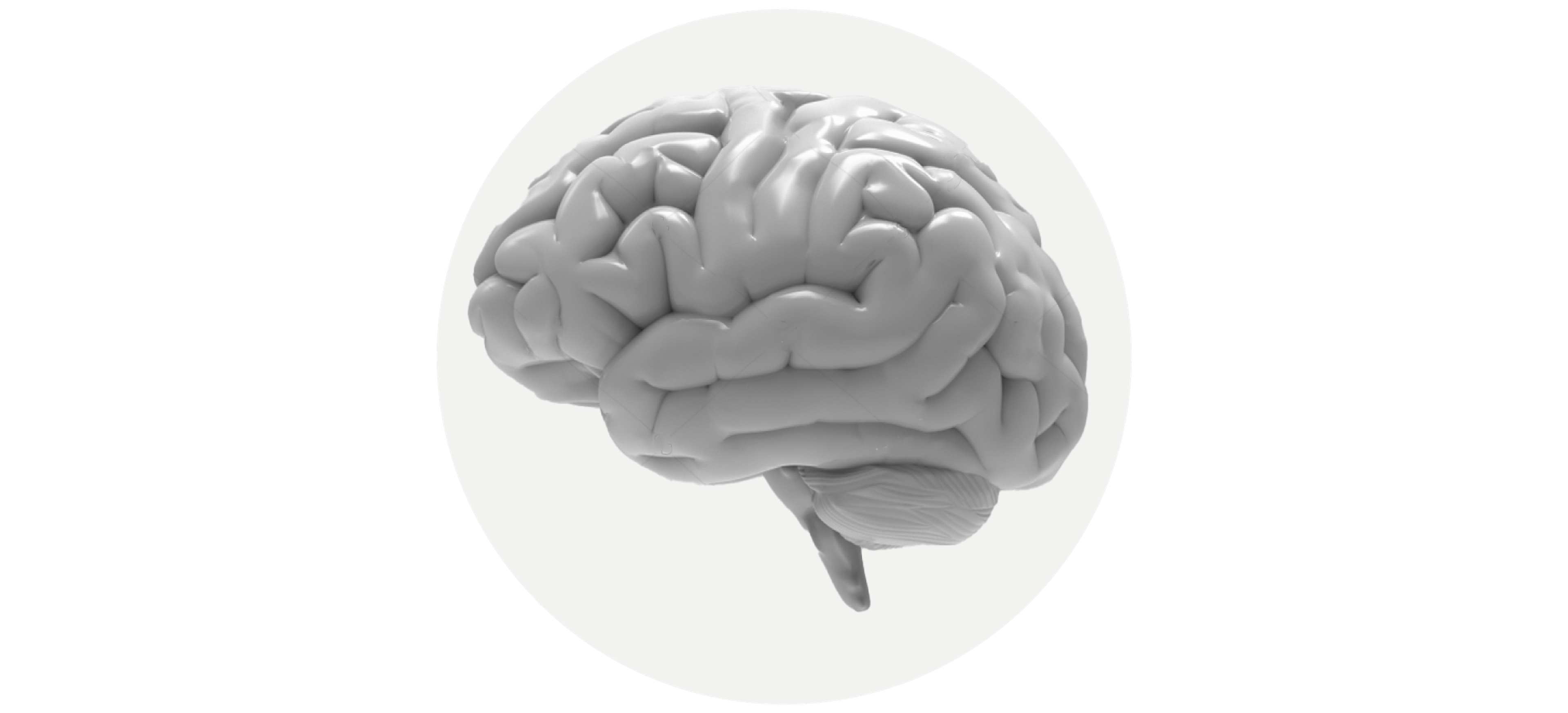
Brain aging
The brain is a highly energetic organ dependent on a robust energy supply from healthy mitochondria. Research suggests that effective mitophagy contributes to the development of mild cognitive impairment and neurodegenerative diseases such as Alzheimer's, Parkinson's, and ALS (amyotrophic lateral sclerosis). It has even been suggested that mitophagy decline is accelerated in the brains of people with Alzheimer's disease.
Preclinical trials involving mitophagy boosters have demonstrated their effectiveness in activating mitophagy in Alzheimer's disease models, underscoring the urgency for clinical trials in this promising area.
Immune aging
Mitophagy is critical in maintaining optimal mitochondrial health in immune cells. It also helps regulate immunity by limiting the production and circulation of mitochondrial components that can trigger an immune response.
It has been suggested that in humans, impaired mitophagy in immune cells leads to age-related changes in the functioning of our immune system, contributing to a state of chronic inflammation referred to as “inflammaging.”
Metabolic disorders
Altered mitochondrial turnover has been connected with metabolic disease, with high levels of reactive oxygen species, low energy output, and poorly formed mitochondria all being tied to type 2 diabetes and liver disease.
Much of the research in metabolic disease and mitophagy has been conducted in preclinical models, but the data suggests a potential link here, marking a need for human trials.
Cancer
The role of mitophagy in cancer development and treatment is complex. Data shows that reduced levels of mitophagy may play a role in the development of cancer, while some work has reported increased levels of mitophagy in breast cancer. The role of mitophagy is likely related to the type, location, and stage of the cancer. Clearly, more research is warranted to fully understand how inducing mitophagy can help to prevent cancer and play a supportive role in cancer treatment.

Interventions to boost mitophagy
Several interventions have emerged as promising strategies to boost mitophagy, potentially unlocking new avenues for enhancing cellular health and combating age-related diseases.
Exercise
The effect exercise has on mitophagy depends on the type and duration of the activity being performed. Studies indicate that endurance exercise is a more effective way to enhance mitophagy than resistance training.
Diet
Evidence suggests that both calorie restriction and fasting might trigger mitophagy in humans, but the literature is currently too preliminary to truly know the impact these strategies have on human mitophagy and health.
While there is still much to learn about the role of mitophagy and human health, clearly, it is a key player in the story of aging and health. From preserving muscle strength to safeguarding our brain and heart and even influencing our immune system and metabolic health, mitophagy stands at the crossroads of some of our most critical well-being aspects. The emerging research points to exciting possibilities for enhancing this vital cellular process. As we stand on the brink of these scientific advancements, the future of healthcare and age-related disease management appears more promising than ever, underscored by our deepening understanding of mitophagy and its profound implications across the spectrum of human health.
Authors

Written by
Senior Manager of Nutrition Affairs

Reviewed by
Lead Regulatory Affairs & Scientific Manager Alliances at Timeline
References
- ↑
Ploumi C, Daskalaki I, Tavernarakis N. Mitochondrial biogenesis and clearance: a balancing act. FEBS J. 2017;284(2):183-195. doi:10.1111/febs.13820 (https://www.zotero.org/google-docs/?pKC85M)
- ↑
Picca A, Faitg J, Auwerx J, Ferrucci L, D’Amico D. Mitophagy in human health, ageing and disease. Nat Metab. Published online November 30, 2023. doi:10.1038/s42255-023-00930-8 (https://www.zotero.org/google-docs/?pKC85M)
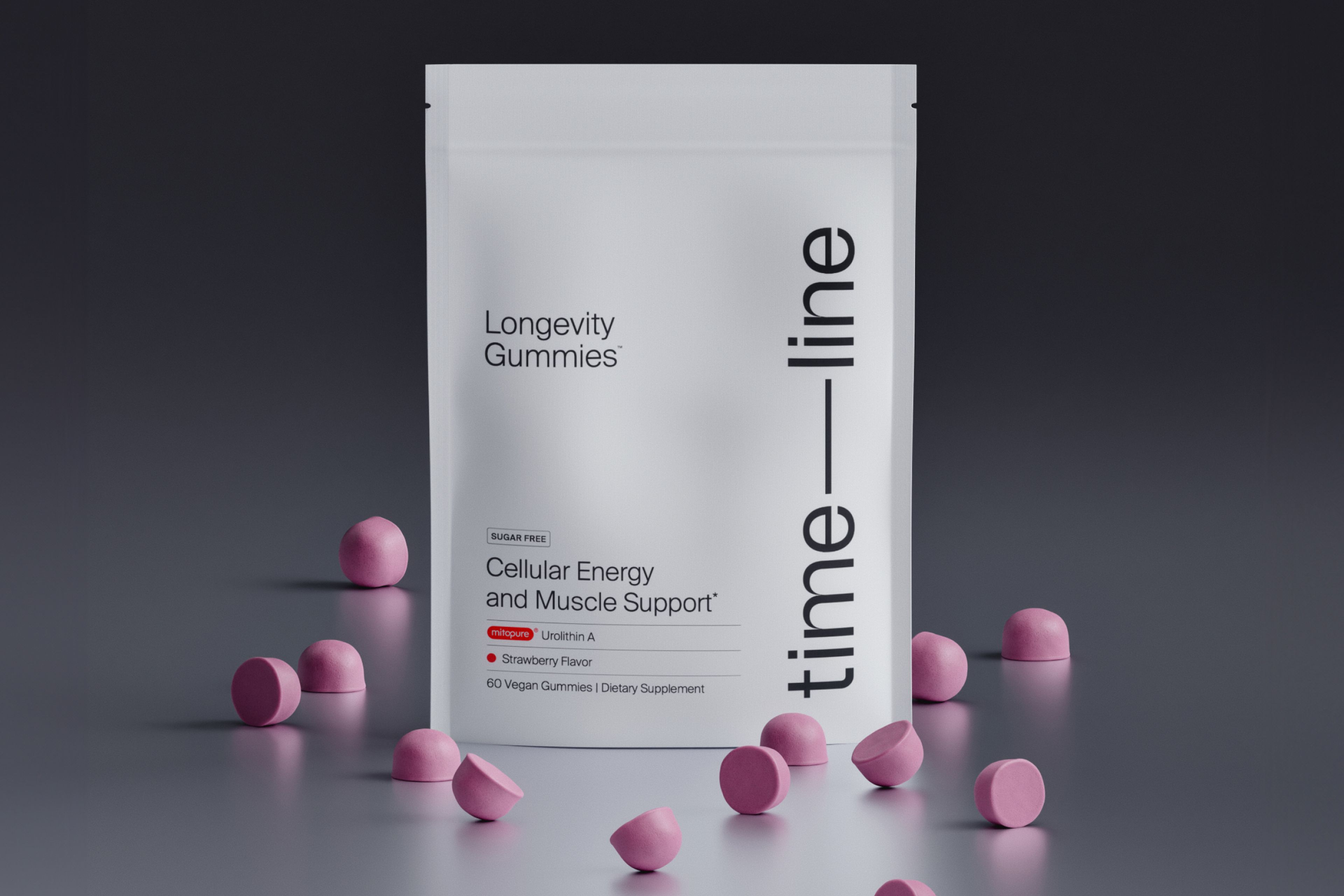
•
Nutrition•
First-of-Its-Kind Longevity Gummy Launched

•
Skincare•






